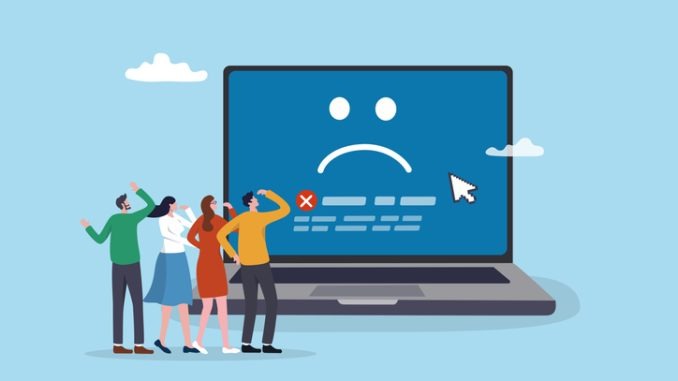
When technical issues cause missed screening invitations or delays in patient communications, GP practices play a vital role in offering guidance and timely support to those affected
CREDIT: This is an edited version of an article that originally appeared in Health Media
In March of this year, a technical issue led to some patients not receiving their routine NHS screening invitations due to errors in how their GP records were registered.
Once the issue was identified, NHS England took immediate steps to correct the problem and ensure that affected patients were contacted and offered their missed screenings. Additional safeguards have now been put in place to prevent similar errors from happening in the future.
For GP practices, it is important to be aware of this issue and prepared to support any patients who may have concerns about it happening again in the future. Below, we outline key details about the affected screening programmes, why the issue occurred, and steps practice managers can take to reassure and assist their patients.
Who Was Affected?
Only a small minority of eligible patients were impacted by this issue. However, given the importance of these screening programmes in early detection and prevention of serious health conditions, any missed invitations may have caused concern among patients. This problem specifically affected screening invitations for bowel cancer, breast cancer, cervical cancer and abdominal aortic aneurysm (AAA) screenings. Other screening programmes were not impacted.
Why Did This Happen?
The issue arose due to errors when patients registered at a new GP practice. Key data related to their screening history was either missing or incorrectly recorded in NHS systems, preventing them from receiving automated screening invitations.
While NHS England has resolved the immediate issue, this serves as an important reminder of how accurate record-keeping at GP practices plays a critical role in ensuring patients receive essential healthcare services.
Advice for Practice Managers
Some patients may worry that they have missed an important screening appointment or that similar errors could happen again. It is important to communicate clearly that the issue has been fully resolved and will not impact future invitations. NHS England has introduced additional safeguards to prevent this problem from recurring. Patients who believe they have missed a screening appointment can check their eligibility and arrange an appointment through their GP practice or the relevant screening service.
During incidents such as these, practices may experience a higher volume of calls from patients who are unsure whether they have been affected. To manage this efficiently, it is important to ensure that reception and administrative staff are briefed on the situation and have clear guidance on how to reassure patients. Providing patients with direct contact details for local screening services can help reduce pressure on GP practice phone lines. Where possible, consider using automated phone messages or online FAQs to address common concerns before patients reach out.
Regular audits of patient records can help ensure that screening history and eligibility data are correctly entered. Working closely with NHS and regional health providers to align data-sharing processes can prevent gaps in patient records.
By proactively addressing these areas, practice managers can help build patient confidence, reduce the risk of future screening errors, and ensure that everyone receives the preventative care they are entitled to. If you need further guidance, NHS England and regional screening providers are available to support GP practices in handling patient concerns and improving record management processes.


Be the first to comment